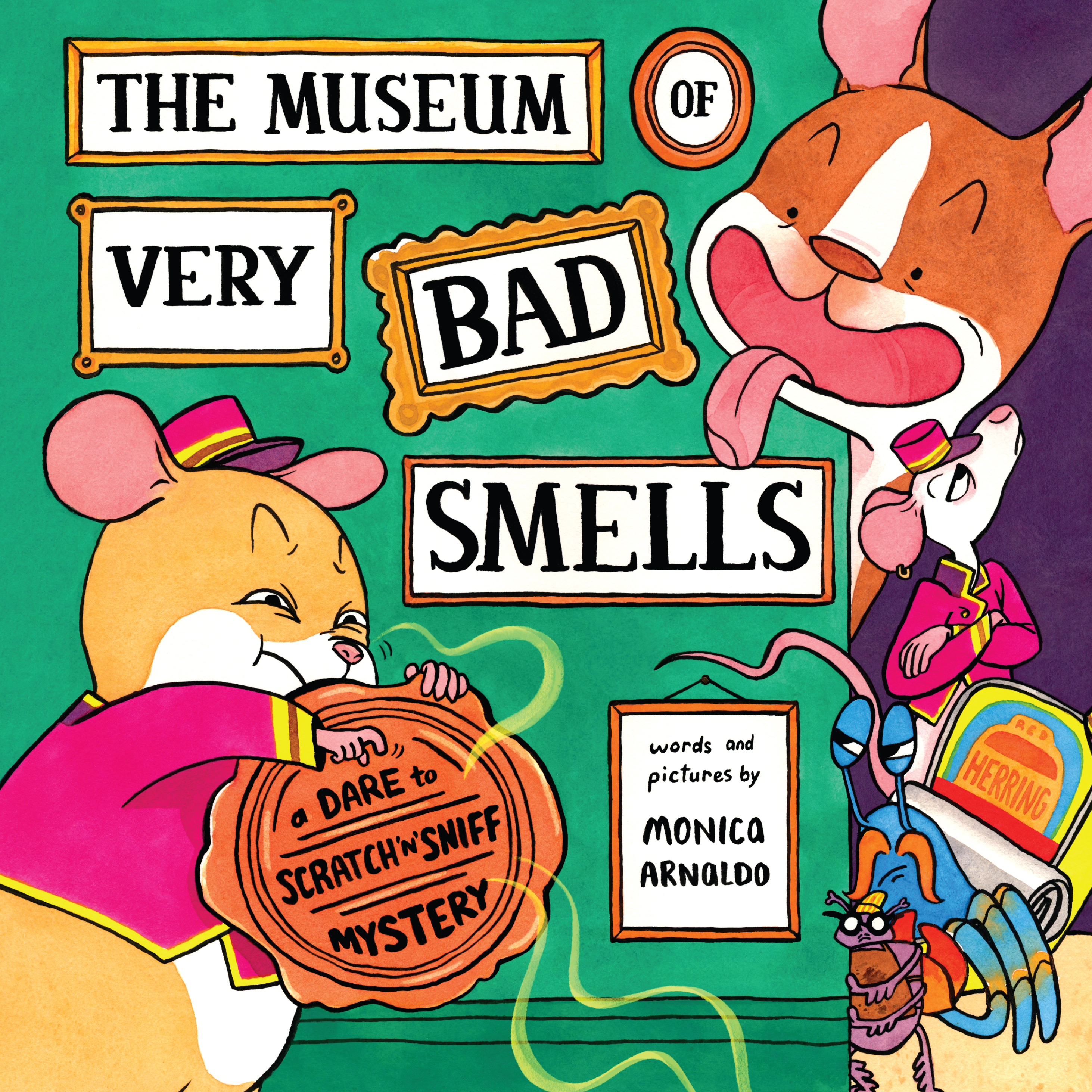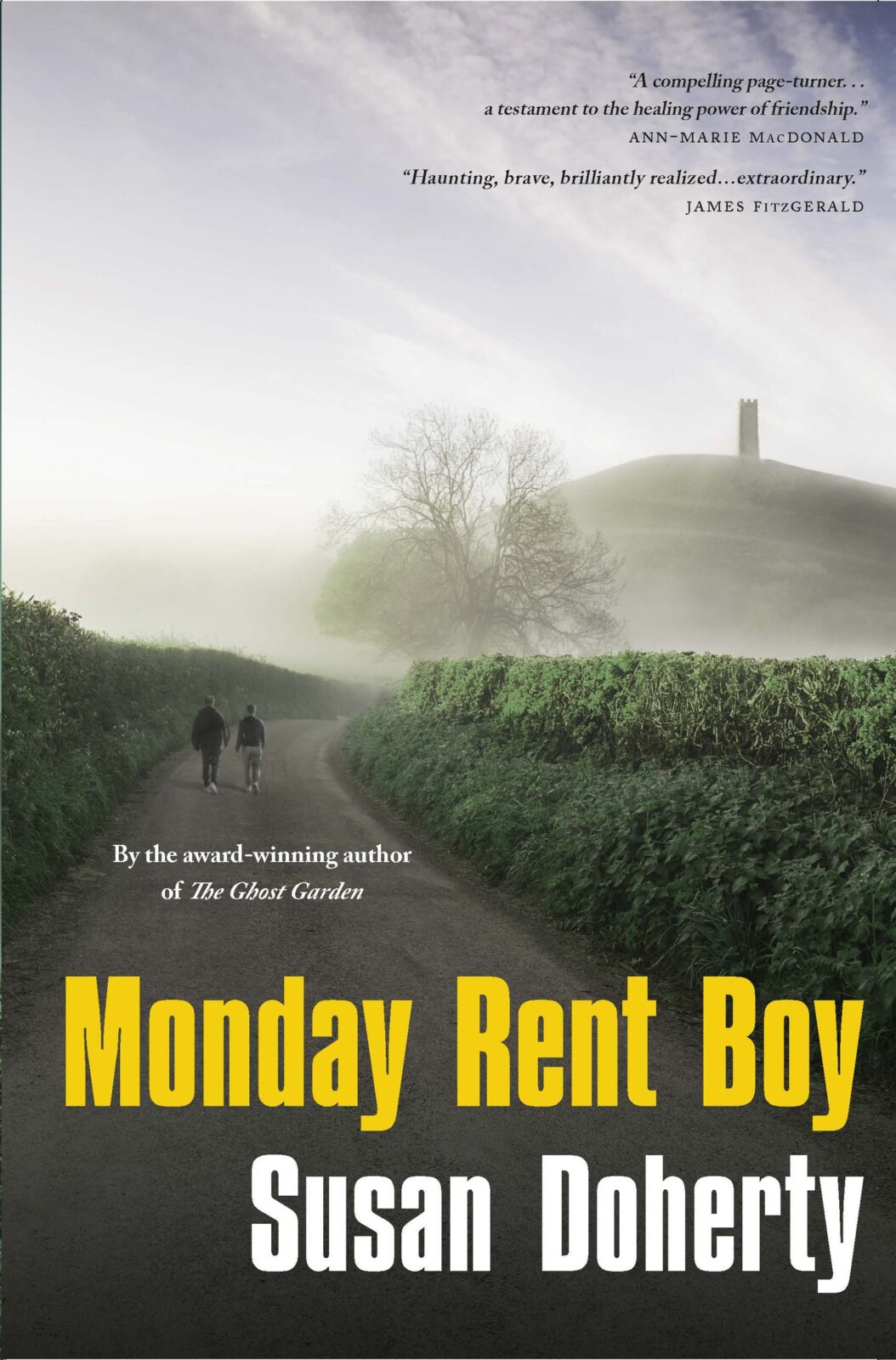Sextant
Maya Merrick
Conundrum Press, Metro Series
$14.95
paper
249pp
1-894994-09-4
But from the minute you start reading Sextant, it becomes evident that first-time novelist Maya Merrick has pulled off the difficult task of animating a character who could have easily been a cliché. Merrick will grab your attention and hold it throughout this unsentimental yet compassionate portrayal of a very damaged young woman. She brings insight to the issues of homelessness and addiction by putting politics aside and letting her protagonist take over the story from the very first sentences:
My name is Cassy Peerson, and I’m a mermaid. My home is a 57 Chevy, white leather interior, cherry paint job, peeling and cracked, fins still trying to catch a wind for liftoff, rusted out holes where brown birds raise their young. The passenger seat is my workspace, got a rig to prop up as a desk, driver’s seat is where I drink, watch the waves and listen to the kids learn to throw up gracefully. Backseat, well, I think we all know what the backseat is for.
Unlike many of her contemporaries, Merrick is precise with language and imagery. She doesn’t retreat into vague, surreal metaphors or show off with linguistic pyrotechnics that prevent her readers from becoming immersed in the story. Instead, she fills her descriptions with concrete, familiar objects that help readers relate their own experiences to Cassy’s. For example, Cassy describes some of the early moments in the troubled relationship with her mother: “Sometimes she’d run me a bath and stay up with me, shooting the shit and washing my hair, using an old yogurt container to rinse with.”
While Merrick’s language and imagery are clear, she doesn’t tell the story with a straight, linear narrative; rather, she mimics the constant interspersing of inner and outer worlds that happens in the human mind when our daily experiences trigger associations with the past. As Sextant’s narrative fluctuates from present to past, Merrick gradually illustrates how injured people like Cassy can perpetuate their own cycles of violence and addiction. The relationship of past to present becomes particularly evident in Merrick’s tender portrayal of Cassy’s relationship with Terry, the DJ from the strip club, where she works as a mermaid.
Stylistically, this device of melding past and present creates a symphonic crescendo effect. Particularly vivid is an orgy scene from the past intertwined with a sex scene between Cassy and Terry.
The only parts of this book that didn’t quite work for me were the “interludes” where Cassy talks to the papier mâché head from a puppet. Frankly, Merrick does a perfectly good job of developing her character without these scenes.
Sextant is the third book in conundrum press’s the Metro Pocketbook Series featuring young women in contemporary Canadian settings. I look forward to reading more. mRb






0 Comments